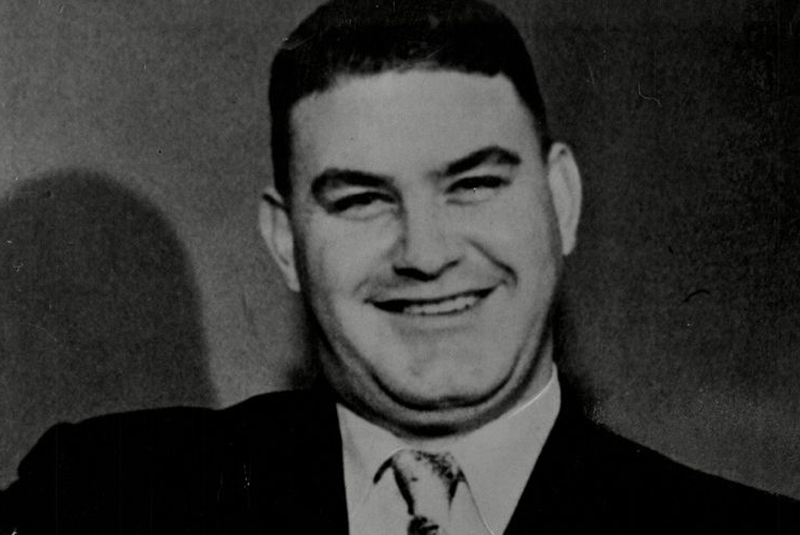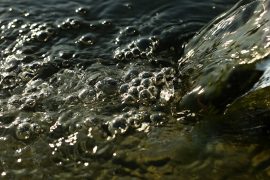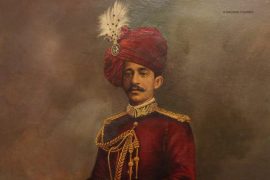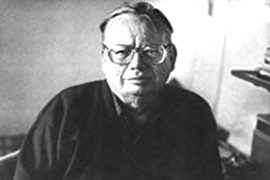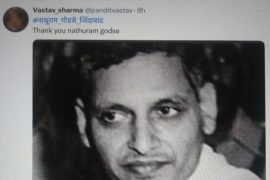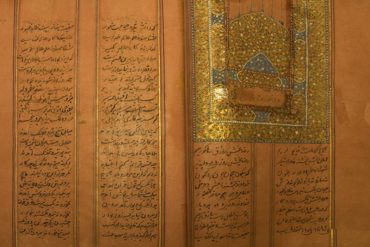Unlike other icons who have appeared on the front of Life magazine, Ferdinand Waldo Demara was not famed as an astronaut, actor, hero or politician. In fact, his 23-year career was rather varied. He was, among other things, a doctor, a professor, prison warden and monk. Demara was not some kind of genius either – he actually left school without any qualifications. Rather, he was “The Great Impostor”, a charming rogue who tricked his way to notoriety.
My research speciality is crimes by deception and Demara is a man who I find particularly interesting. For, unlike other notorious con-artists, imposters and fraudsters, he did not steal and defraud for the money alone. Demara’s goal was to attain prestige and status. As his biographer, Robert Crichton noted in 1959, “Since his aim was to do good, anything he did to do it was justified. With Demara, the end always justifies the means.”
Though we know what he did, and his motivations, there is still one big question that has been left unanswered – why did people believe him? While we don’t have accounts from everyone who encountered Demara, my investigation into his techniques has uncovered some of the secrets of how he managed to keep his high-level cons going for so long.
Upon leaving education in 1935, Demara lacked the skills to succeed in the organisations he was drawn to. He wanted the status that came with being a priest, an academic or a military officer, but didn’t have the patience to achieve the necessary qualifications. And so his life of deception started. At just 16-years-old, with a desire to become a member of a silent order of Trappist monks, Demara ran away from his home in Lawrence, Massachusetts, lying about his age to gain entry.
-30-
Copyright©Madras Courier, All Rights Reserved. You may share using our article tools. Please don't cut articles from madrascourier.com and redistribute by email, post to the web, mobile phone or social media.Please send in your feed back and comments to [email protected]

